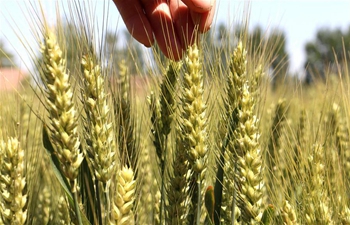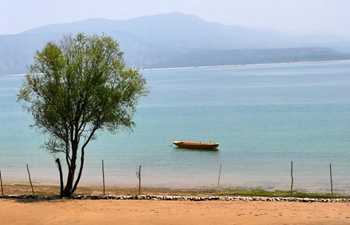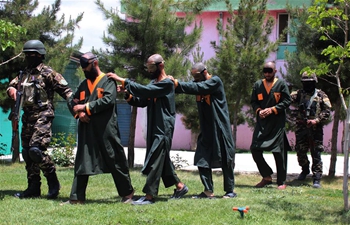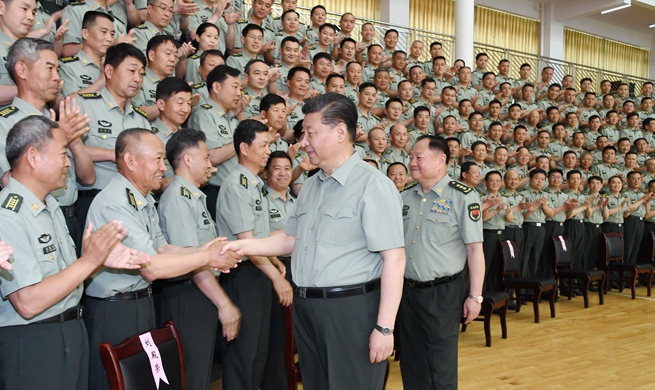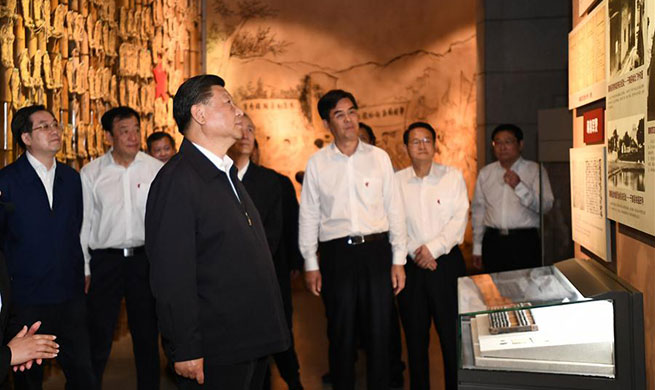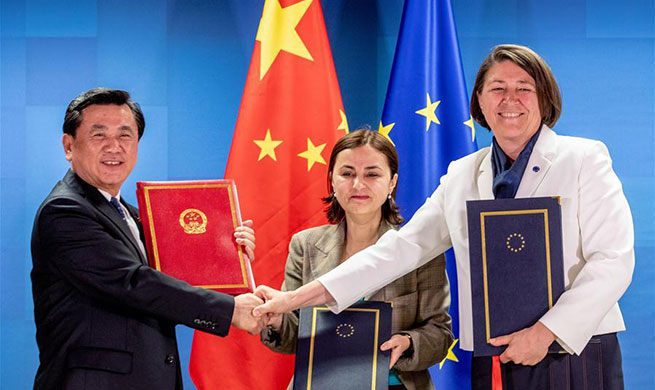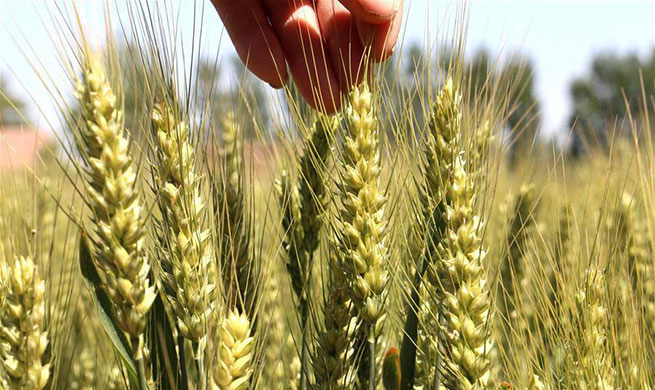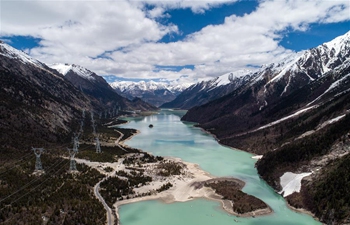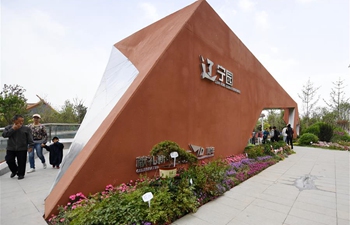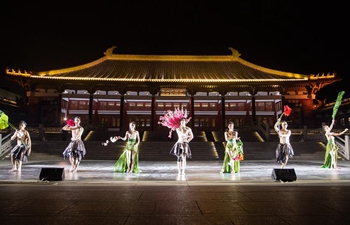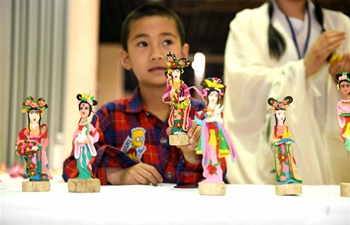CHANGSHA, May 21 (Xinhua) -- Japanese scientist Yoshiaki Kobayashi visits the city of Zixing, in central China's Hunan Province, at least twice a year.
Kobayashi is the principal water resources specialist of the Asian Development Bank (ADB) and also the team leader of an ADB-loan project to help revive and protect Zixing's Dongjiang Lake.
Dongjiang has been serving as a water reservation reservoir since it was built in 1986.
As one of the biggest artificial lakes in the middle and southern area of China, maintaining healthy environmental services in Dongjiang is vital to the sustainable development in the Xiang River basin of Hunan, one of the principal tributaries of China's Yangtze River.
"Heavy agricultural activities and growing urbanization in the lake basin posed greater risks of water pollution, causing the water quality of Dongjinag to severely deteriorate since the 1990s," he said.
In the past, garbage was everywhere in the village, scattered on roads and piled up on unused land, according to local resident Ou Sulan.
For years, Hunan has spent billions of yuan setting up protection zones in the lake basin area to revive its lost splendor. To speed up the protection work, the local government applied for an ADB loan in 2013 to introduce an integrated approach to address constraints in lake environmental protection.
ADB allowed a project loan of 130 million U.S. dollars in 2015 to bolster lake protection. The project was supported with another 130 million U.S. dollars from the local government and is expected to be completed by 2020.
"This project will support a government initiative to create an ecological corridor along the Yangtze River by improving watershed management, water pollution control and prevention and ecological rehabilitation," said ADB senior water resources specialist Zhou Yaozhou.
The city of Zixing set up specialized project management offices in relevant government sectors to guarantee a smooth implementation of the project.
"Members of the project are from different agencies but they are working together like one family, with a high sense of purpose and responsibility," Kobayashi said.
With years of joint efforts, the water quality of Dongjiang is now rated as drinkable at Grade I.
In lakeside villages, garbage bins are now provided to every household, with sorting bins placed in garbage accumulation areas, which is "totally opposite to the previous state," said villager Ou Sulan. "We are proud to see our homeland get better."
Green development also drives economic growth. Thanks to the beautiful scenery and improved environment of Dongjiang Lake, tourism develops prosperously in the city of Zixing, with tourist arrivals and tourism revenue seeing an increase of more than 30 percent each year.
Zixing received more than 14.1 million tourists from home and abroad in 2018, notching up tourism revenue to over 8.7 billion yuan.
"Nowadays, high-quality rural hotels have opened around the lake, not only contributing to the sale and export of local specialties and agricultural products, but also the generation of job opportunities for the locals," Kobayashi said.
The project also provides training courses to locals in areas such as ecological farming and vocational training, with each session lasting for about seven days, helping them be more competitive in the job market and promoting sustainable development around the lake.
After several sessions of vocational training courses, Ou Sulan was recruited as a waitress in a rural hotel.
"I barely had any income before, but now I can earn about 20,000 yuan a year, which allows me to take good care of my family," she said.




